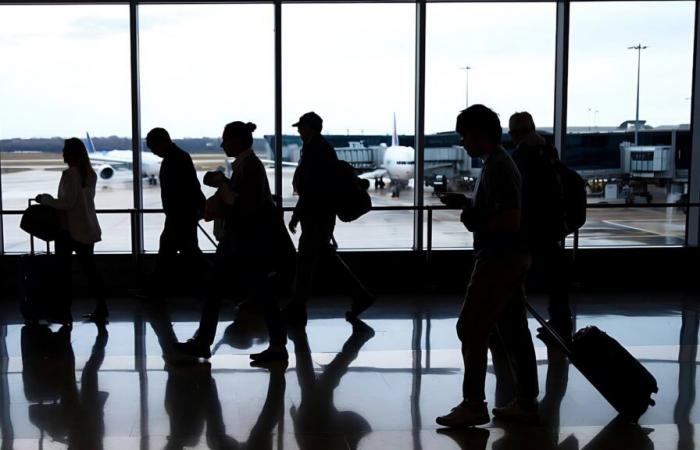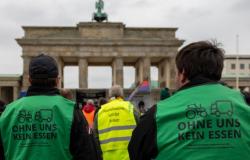In several American airports, a new technological system has been implemented to detect the most impatient passengers. Thanks to sensors and algorithms, this device promises to make boarding smoother by anticipating stressed or agitated behavior. Presented as a major step forward to improve the efficiency of operations, this innovation nevertheless raises questions about the collection and use of personal data.
A new system to detect impatient passengers in American airports
Airports Americans take a new step in the management of passenger flows thanks to a technological device innovative. This system, recently deployed by American Airlines, aims to identify impatient travelers before boarding. The objective? Streamline operations by anticipating behaviors likely to disrupt the process.
By analyzing the movementscomings and goings or even bodily signals of agitation, this program is intended to be a response to the growing challenges of crowd management in increasingly saturated air hubs. With the help ofsophisticated algorithms and sensors placed in waiting areas, ground teams can now better understand and manage passenger behavior.
For airlines like American Airlines, this type of technology meets an essential need: reducing delays linked to tension at the boarding gate. Indeed, theimpatience of passengers can not only harm their own experience, but also affect the comfort and peace of mind of other travelers. In detecting these behaviors in advance, staff can intervene proactively, for example by responding to a request or arranging a more orderly boarding. This system could also be used to identify people requiring special assistance, thus improving their care while limiting possible conflicts.
A promising, but worrying innovation?
Despite its promises, this new system of these airports generates interrogationsparticularly on respect for private life. Indeed, the establishment of cameras and sensors in areas as sensitive as departure lounges raises legitimate concerns. How is this data collected, processed and stored? American Airlines wants to be reassuring, affirming that the information collected is anonymized and used exclusively for operational purposes. However, this transparency remains insufficient for some, who fear a misuse of these technologies in the near future.
This debate should not slow down the expansion of these innovations in airports. If the pilot projectAmerican Airlines proves conclusive, it could be extended to other companies and airports around the world. Industry experts see these tools as a way to optimize the passenger experience and respond to major logistical challenges, such as the increase in air traffic or customer expectations for comfort and efficiency. Yet the question remains: how much are we willing to sacrifice our anonymity to make our travels more enjoyable? One thing is certain: the next time you are waiting near a boarding gate, the technology could already be observing your every move.






